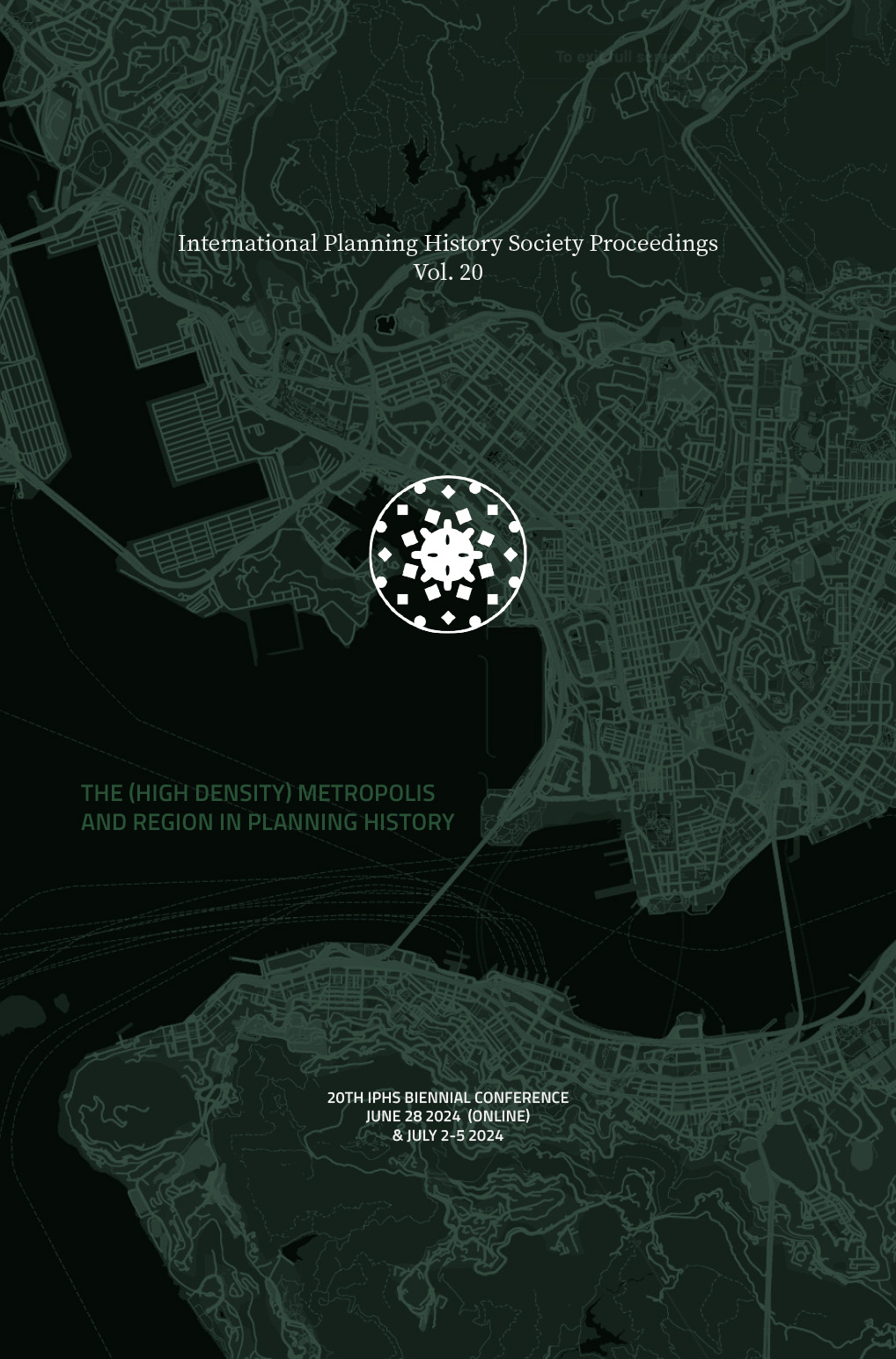Urban planning as political experimentation
A study of Special Economic Zones in China
DOI:
https://doi.org/10.7480/iphs.2024.1.7678Abstract
China's economic rise has engendered fresh inquiries about new possible development models. The Reform and Opening policy, initiated in 1978, has allowed China to explore market strategies that align with its socialist planned economy. This exploration has primarily occurred within designated areas known as Special Economic Zones (SEZs), which serve as experimental grounds for innovative policies. These SEZs are not only seen as urban endeavours but also as the vanguard of a political agenda geared towards modernising and innovating institutions. The concept of SEZs has arisen from the common interests of local, national, and international stakeholders, all aiming for mutually advantageous outcomes. This political endeavour has empowered China to address not only political conflicts with resistant regions and post-Cold War Western powers but also to cultivate a competitive political landscape that consistently enhances its institutions. As a result, the experimental urban developments incorporated by SEZs have evolved into a unique and efficient territorial development model. For nations in the Global South, China's SEZ provides valuable insights into an alternative route towards collaborative and integrated development. This investigation seeks to delineate the fundamental economic and political insights gleaned from China's SEZ initiative.
Downloads
Published
How to Cite
Issue
Section
License
Copyright (c) 2024 Natacha Rena, João Paulo Souto, Elias Jabbour

This work is licensed under a Creative Commons Attribution 4.0 International License.

